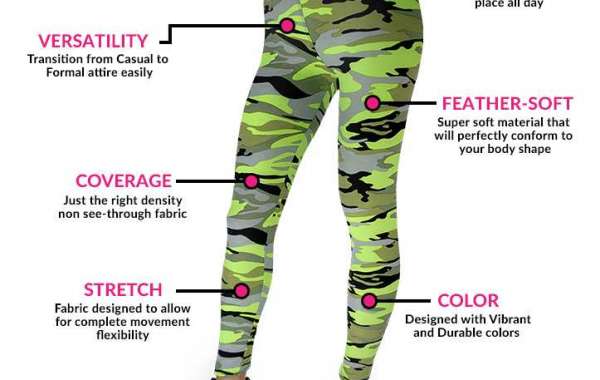Market Insights
Oxygen is critical to survival and for the efficient functioning of the body's pulmonary system. Growing occurrences of respiratory disorders and the increase in incidences of chronic obstructive pulmonary diseases (COPD) have led to the growth of oxygen therapy devices as it is more cost efficient to use in the long term. Market Research Future has disclosed in its newest publication that the global oxygen therapy devices market is expected to value USD 15 billion by 2027 and grow at a notable CAGR of 12% during the forecast period of 2022 to 2027.
Increasingly favorable medical device regulations, growing occurrence of respiratory diseases and the rapidly growing incidences of diabetes which can cause COPD, are some principal factors affecting the positive growth of the market. Moreover, the change in trends is witnessing consumers shift preference for affordable home healthcare, this motivating market growth.
Advancements in oxygen therapy devices are ongoing and are expected to facilitate growth for the global market in the coming years.
Key Players
Various leading local and global market players have been identified and profiled in the report to provide a panoramic view of the competitive landscape. Prominent players in the market include Fisher Paykel Healthcare Limited, Inogen, O2 Concepts, Smith Medicals, Devilbiss Healthcare, Cardinal Healthcare, Respironics, Salter Labs, Masimo Corporation, CareFusion, Teflex, Bio-Med, Phillips Healthcare, 3B Medical, 3M Healthcare and Medtronic among others.
Market Segmentation
The global Oxygen Therapy Device Market Share has been segmented on the basis of types of products, application, end-users, and region.
By types of products, the market has been segregated into non-re-breather mask, incubators, continuous positive airway pressure, liquid oxygen device, hyperbaric oxygen chamber, nasal cannula, cylinder, concentrators, and oximeter.
By application, the market has been divided to include hypoxia, heart diseases, sleeping apnea, lung diseases, chronic obstructive pulmonary diseases (COPD), respiratory issues and others. Out of these, chronic obstructive pulmonary disorders possess the largest share of the market due to their extensive applications for treatment of the same.
By end-users, the market has been segregated into hospital, clinics, and patients.
By region, the global market is divided into the Americas, Europe, Asia-Pacific (APAC) and the Rest of the World (RoW)
Regional Analysis
The Americas due to their inclusion of developed countries such as U.S and Canada holds the most significant market share of about 45%. This leadership of the market is due to the presence of an established healthcare system, the swift adoption of the newest updates to medical devices has motivated growth. Changing lifestyles, increasing levels of pollution and increasing smoking habits have contributed to increase in COPD which has proportionally increased the growth of the oxygen therapy devices market.
Europe closely follows the Americas and developed countries of this region follow a similar growth pattern. Additionally, there is a high geriatric population which shows a preference for at home treatments.
The Asia-Pacific is expected to grow with the highest CAGR of 8% during the forecast period as developing economies such as India and China are increasingly demanding healthcare solutions equal to those in developed countries. Growing pollution, changing lifestyles and the growing prevalence of lifestyle and environment diseases are expected to boost the growth of the oxygen therapy device market for the region in the coming years.
Latest Industry News
ResMed has released the data from two clinical studies which explore the combination of home oxygen therapy and non-invasive ventilation therapy for patients who suffer from persistent hypercapnia following chronic obstructive pulmonary disorder exacerbation. The studies found that combined therapy proved to be highly cost efficient and it was found that the exacerbation frequency reduced greatly.
About US:
Market Research Future (MRFR), enable customers to unravel the complexity of various industries through Cooked Research Report (CRR), Half-Cooked Research Reports (HCRR), Raw Research Reports (3R), Continuous-Feed Research (CFR), and Market Research Consulting Services.
Contact us:
Market Research Future (part of Wantstats Research and Media Private Limited),
99 Hudson Street,5Th Floor, New York,
New York 10013
United States of America















